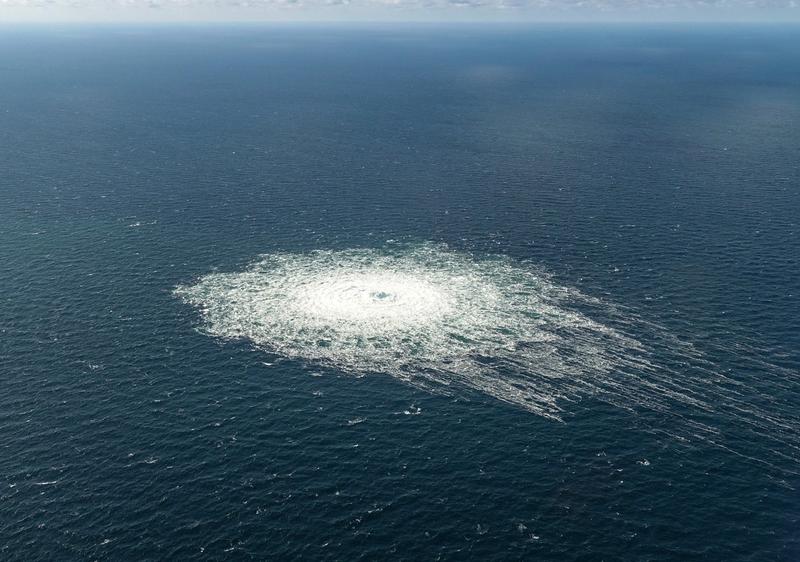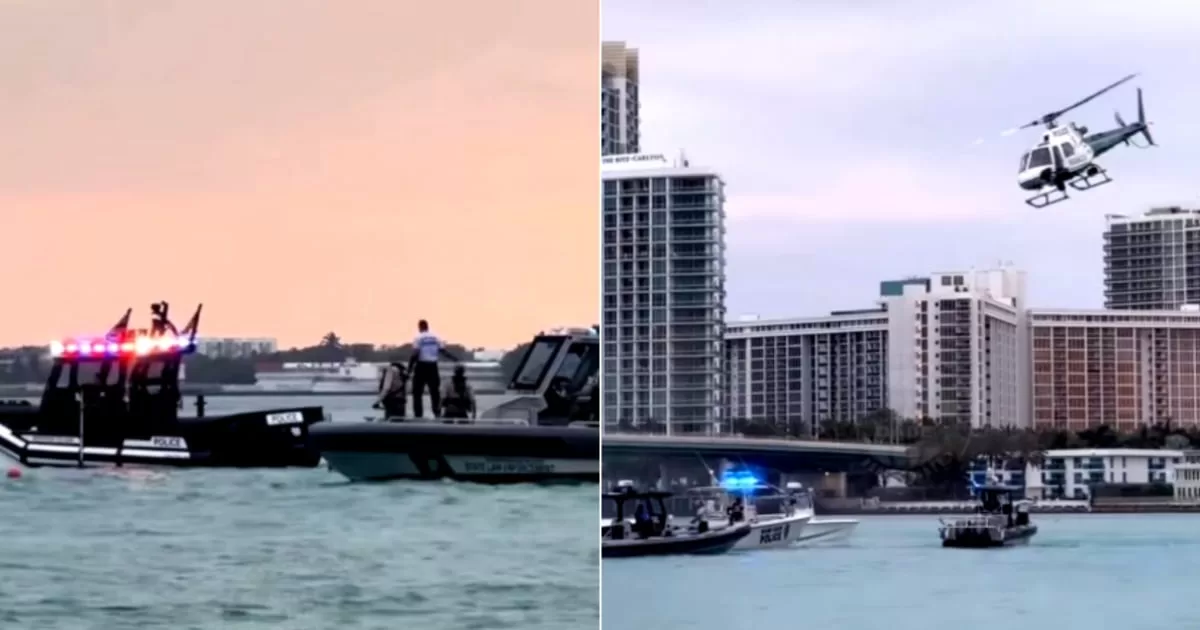The sabotage of the Nord Stream gas pipelines in the Baltic Sea, a major geopolitical event, remains an enigma after a year, and none of the three separate judicial investigations by Germany, Sweden and Denmark have reached any results, in the highly sensitive context of the War from Ukraine, reports AFP, according to News.ro.
nord streamPhoto: Danish Armed Forces / SWNS / SWNS / Profimedia
Four huge gas leaks preceded by explosions, within hours of each other – from Nord Stream 1 and 2, which connects Russia and Germany and carried the bulk of Russian natural gas to the European Union (EU), caused stupor on September 26, 2022.
Moscow then stopped delivering natural gas through Nord Stream 1, due to the energy conflict with the EU states that support Ukraine.
The construction of the Nord Stream 2 gas pipeline – the bone of contention between Berlin and Washington for many years – ended at the end of 2021. It was never put into operation.
This infrastructure worth billions of euros is lying on the bottom of the sea for nothing.
The spills took place in international waters, off the Danish island of Bornholm, south of the coast of Sweden.
Very discreet investigations
None of the three judicial investigations launched separately by Germany, Sweden and Denmark have been successful.
“The main hypothesis is that a state is behind” this sabotage, Swedish prosecutor Mats Ljungqvist announced in April, adding that the authors knew “very well that they would leave traces”.
The German General Prosecutor’s Office assures AFP that “it is currently not possible to make reliable statements” about the identity and motivations of the authors, nor “about the issue of supporting a state.”
“Either there is not a good enough track, or it is politically sensitive”, comments an expert from the German Council on Foreign Relations (DGPA), Christian Mölling.
On Wednesday, Swedish prosecutor Mats Ljungqvist, contacted by AFP, declared himself “in the final phase of the investigation” and expressed his hope to make a “decision” by 2024.
Media leaflet
The investigative press tries to elucidate the origins of an ultra-complex operation from a technical point of view – with the help of reconstruction expeditions, some with submarine drones, experts, former secret agents and tracks that lead from Warsaw to Crimea and pass through the Republic of Moldova.
At the beginning of March, The New York Times (NYT) wrote, based on information consulted by American intelligence, that a “pro-Ukrainian group” was at the origin of the sabotage, but without the involvement of Ukrainian President Volodymyr Zelensky.
At the same time, the German prosecutor’s office announced that it was investigating a ship suspected of transporting explosives.
Following this lead, the German publications Der Spiegel and ZDF went so far as to rent this 15-meter-long sailing ship – Andromeda -, to recreate the voyage that a Ukrainian crew of five men and one woman, they write, would have made from the German port of Rostock and all the way off the Danish island of Bornholm.
A former intelligence officer in the British Navy, quoted by Der Spiegel, suspects, in turn, a Russian scientific ship – the Sibiriakov -, and the Danish newspaper Information pointed the finger at the SS-75, another Russian ship specialized in submarine operations, present in area shortly before the explosions.
Speculation continues
Both Ukraine, Russia and the United States have vigorously denied any involvement.
In June, several publications wrote that the Dutch military intelligence services warned the CIA about a Ukrainian plan to blow up the gas pipeline.
The disclosures from the secret services “are only one piece of the puzzle”, assures Christian Mölling.
“There are also people living in Ukraine who could work for the Russian secret services,” he warns.
An involvement of Ukraine would be very delicate to manage by Kiev’s Western allies.
An analyst at the Center for European Studies in eastern Stockholm, Andreas Umland, believes that a scenario involving Russia is “most likely”.
As Moscow interrupted the flows to Europe, as supposed retaliation against the sanctions imposed on it by the West, a sabotage would have allowed it to “kill two birds with one stone”, Andreas Umland appreciates.
On the one hand, it would have allowed Gazprom, the majority shareholder of the gas pipelines, to escape from customer compensation claims by invoking a case of “force majeure”.
And on the other hand, the expert says, it would have allowed him to make Kiev suspect and “destroy Ukraine’s reputation”.
Berlin – heavily dependent on Russian natural gas before the Ukraine War – was forced to replace them in a hurry with other suppliers, at the price of an “explosion” of energy costs in the EU’s first economy.
Read also:
The explosions at the Nord Stream gas pipelines were caused by explosive charges of hundreds of kilograms


